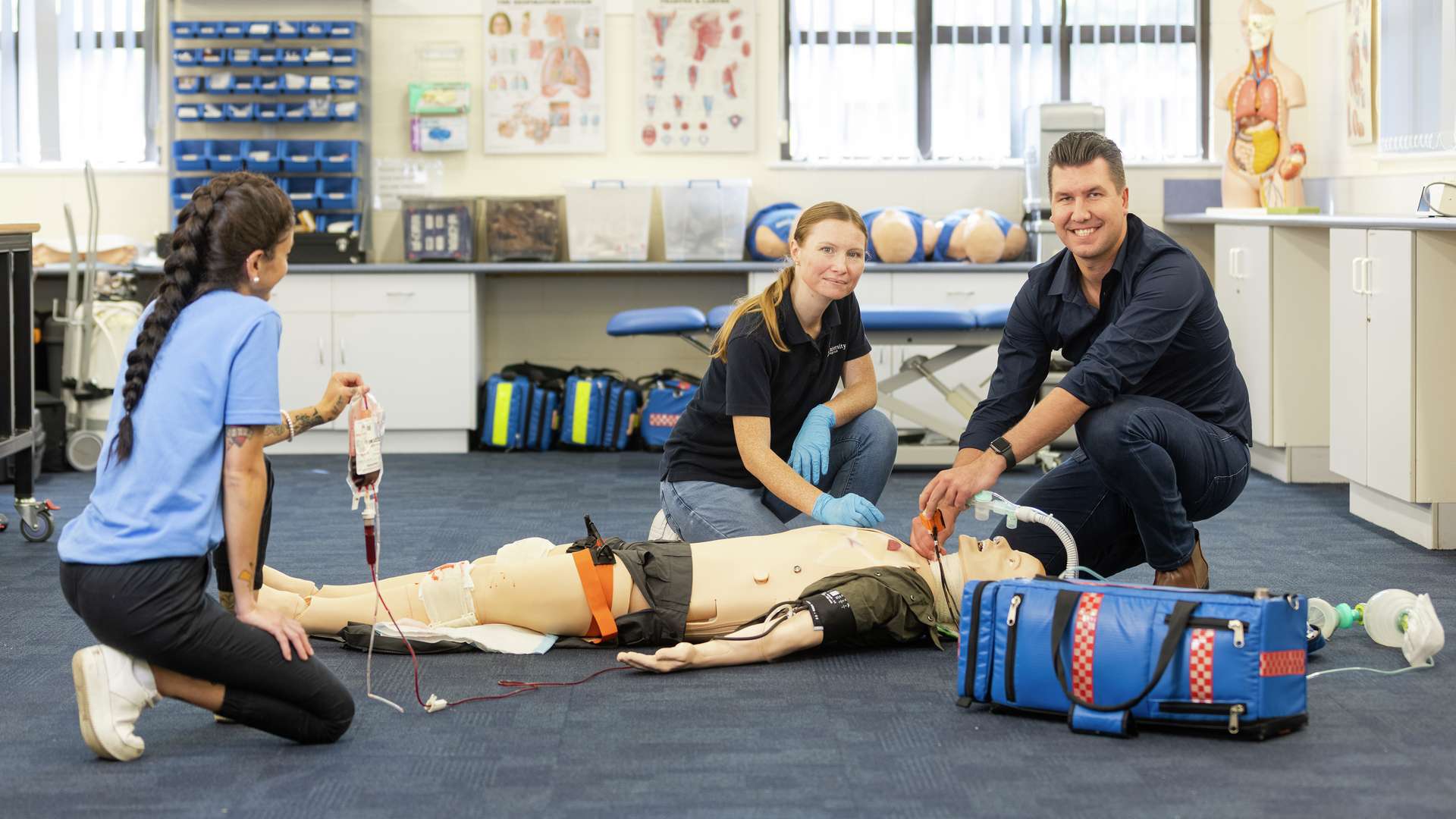Graduate Certificate in Counter-Terrorism and Operational Medicine
Duration
0.5 years full-time, 1 year part-time
Location
Online
Next start term
Term 1, 2026
Study mode
Online
Course code
CL64
First-year fee
$4,656 (Indicative) (CSP)
$14,496 (Indicative) (FFP)
This course offers Commonwealth Supported Places, meaning you may be eligible for significant fee savings.

Overview
Study Experience
- Authentic Learning Experiences
- Experienced Teaching Team
- Part-time Study
- Residential Schools
- Seamless Pathways
Structure & Availability
Requirements
Fees & Scholarships
Please Select
